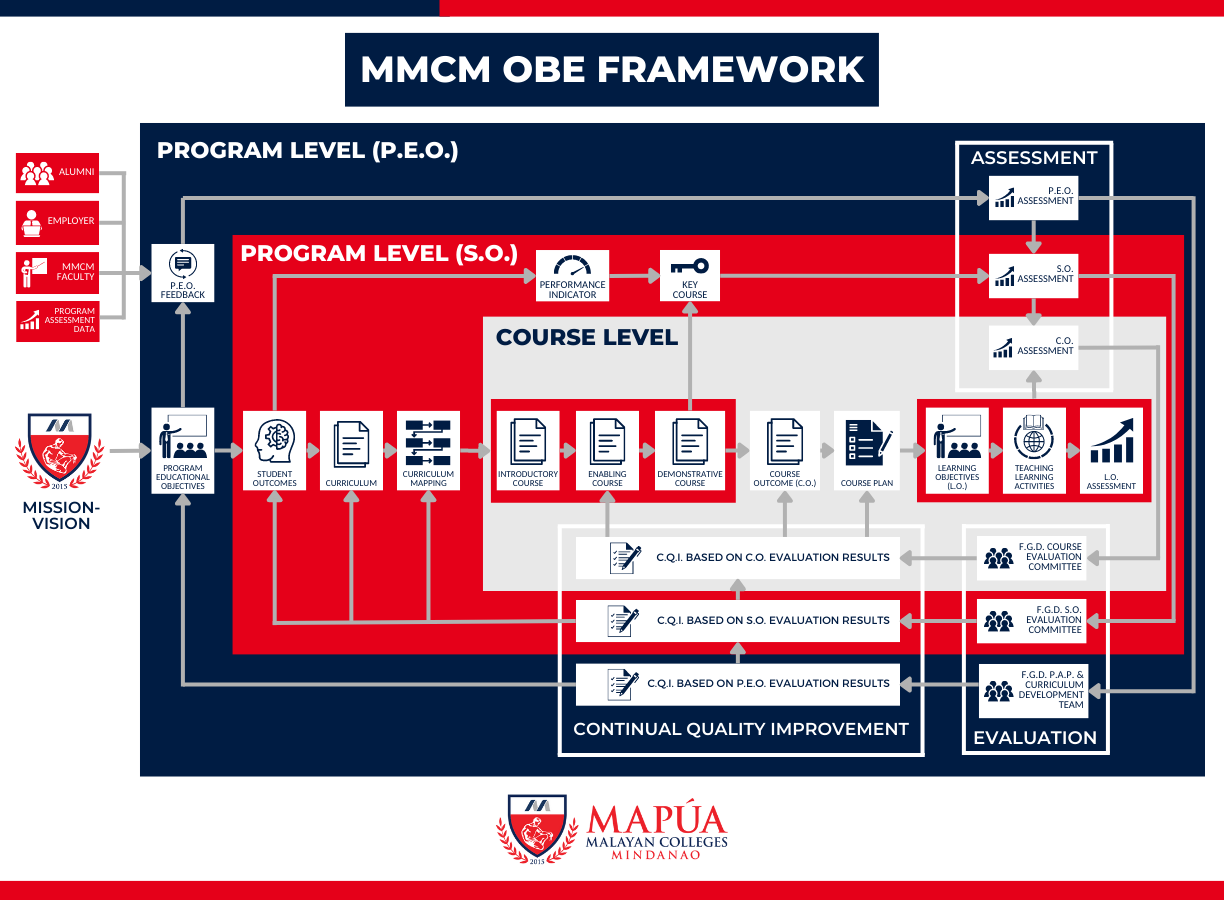Learner-Centered Outcomes-Based Education sounds like a mouthful — and it is – but it is one of the most effective educational systems catering to students, especially for online learning during the pandemic.
The real question here is: what is Learner-Centered Outcomes-Based Education or LC-OBE for short? Through LC-OBE, student learning is personalized to attain industry standards through clearly defined outcomes, which depends on the program that the student will take.
Outcomes are clear learning results that students have to demonstrate at the end of a learning experience. They are actions or performances that reflect how well the student takes in ideas and information and utilizes tools successfully.
To put it simply, the principle of LC-OBE emphasizes what the students learn rather than what is taught.
In comparison, traditional learning evaluates students’ assignments and activities given by the instructor. To paint a picture, an example of traditional learning is when a teacher lectures in a classroom setup, whether face-to-face or online classes and the students sit and listen.
On the other hand, LC-OBE assesses if student learning outcomes are achieved depending on their subjects, strand, or program. It promotes independence –allowing students to learn hands-on first, while the teachers guide rather than dictate them of their learning experience.

Mapúa Malayan Colleges Mindanao is one of the best examples of an institution practicing LC-OBE. With the most advanced digital technology in Davao City, Mapúa MCM centers its students to achieve their learning outcomes through online classes or blended (or online and onsite, once allowed) learning that allow them to study at their own pace in order to fully absorb their lessons — prioritizing quality of learning rather than quantity.
Thus, for online learning, Mapúa MCM structures its system to equip students with the necessary skills and knowledge to be locally and globally relevant and in demand.
How does Mapúa MCM’s online learning approach work?
1. Modules are provided for self-paced learning
Instructional modules are provided in asynchronous sessions during online learning through MapúaMCM Digital (powered by Blackboard Learn), which is the school’s learning management system, for students to accomplish at their own pace.
2. Online classes are held for dynamic interaction
Then live, virtual meetings are conducted via Microsoft Teams or Blackboard Collaborate — enabling the instructor to give tasks that allow interaction within the class, thus creating a dynamic group learning environment.
Poor internet connection at home? No worries! These synchronous sessions are recorded for students to watch again if they missed the live meetings.
3. Assessments are given to strengthen outcomes
After virtual meetings, follow-up and additional learning tasks are deployed through asynchronous sessions to bridge the outcomes gap or strengthen the learning outcomes.
4. Limited face-to-face classes will be conducted
Once students are allowed to return to school, there will be limited face-to-face classes after students have been given instructional modules for skills-based learning, such as laboratory activities and the like. (Note: A maximum of 20 students will be allowed in school.)
The activities will also be broadcasted via Microsoft Teams or Blackboard Collaborate. And lastly, virtual meetings will be conducted after the face-to-face session to supplement and add more interactive learning tasks.

Prioritizing student outcomes
To sum it all up, LC-OBE pays more attention to what students learn and how they learn. It transforms students’ learning experiences by defining outcomes. Consequently, prioritizing student outcomes identifies what a student can produce as a result of a learning experience which efficiently equips necessary knowledge and skills for their future career paths.
So, you read for yourself how easy it is for students to study under LC-OBE. What do you think? Is your school catering to your experiences as a student and helping you achieve optimal learning? Do you feel like you are able to retain and understand the lessons or modules given? If not, then perhaps a better system is worth getting into for the sake of your future as a student and as a globally competitive professional.


